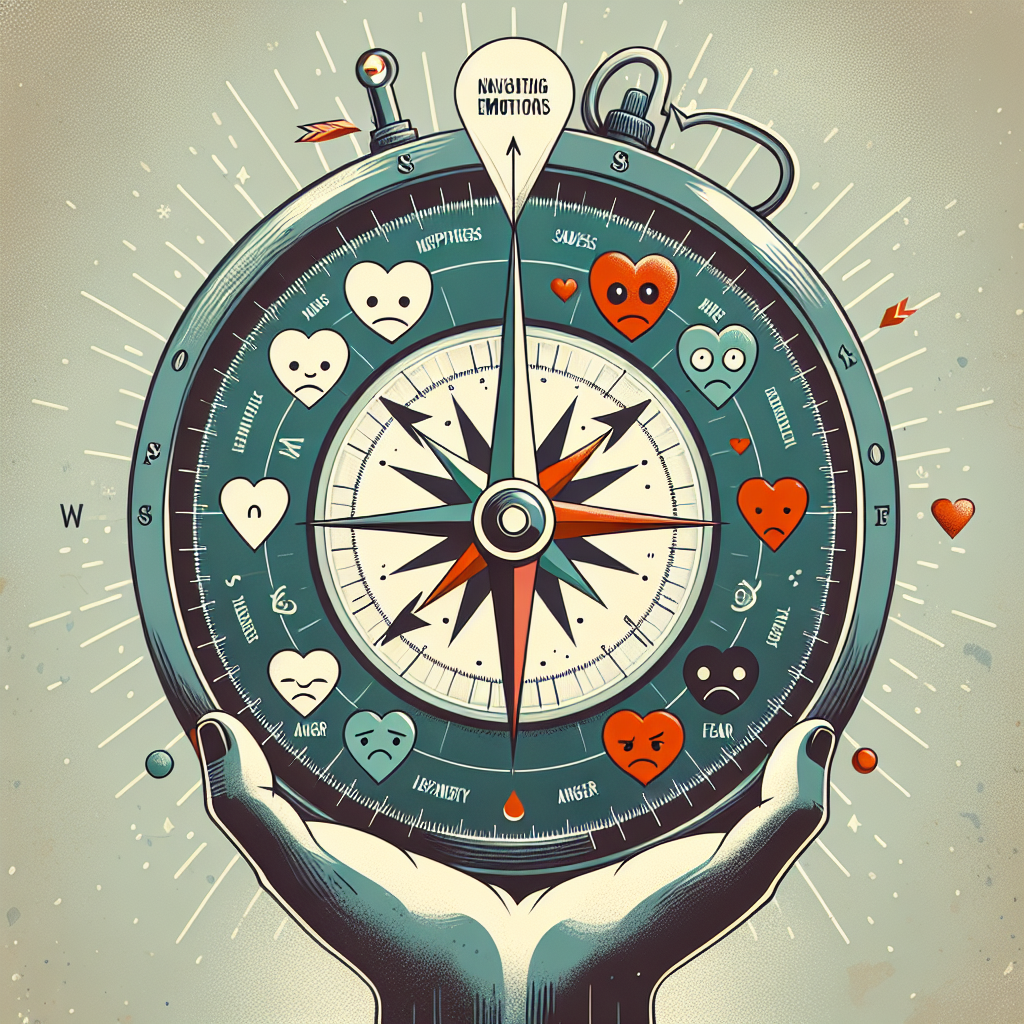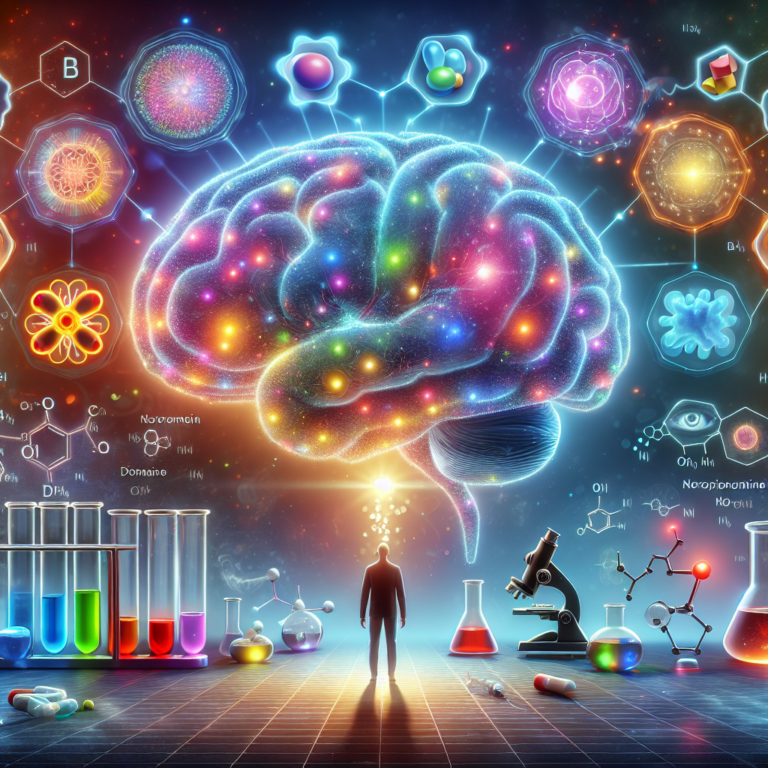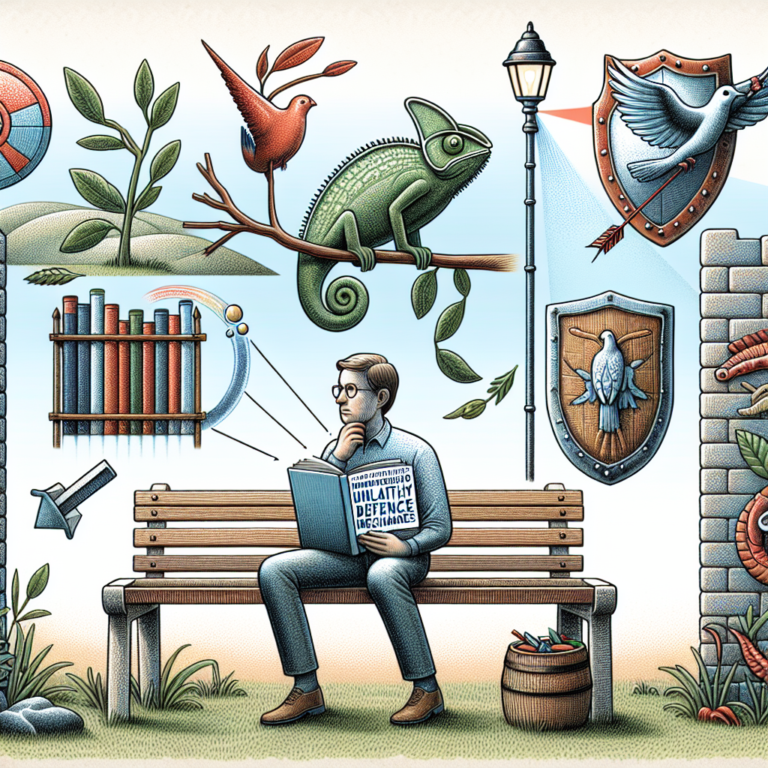
Introduction
In the intricate dance of human relationships, emotions play a pivotal role. Yet, how we navigate these emotions can determine the health and longevity of our connections with others. Welcome to the compelling world of emotional defense mechanisms—psychological strategies employed to cope with anxiety or uncomfortable emotions. Over time, these mechanisms have become an invisible influence on how we relate to those around us. This article explores how defense mechanisms shape our relationships, impacting intimacy, trust, and communication.
As we delve into navigating emotions: how defense mechanisms influence relationships, we will uncover valuable insights that can transform the way we understand ourselves and those we love. Understanding these mechanisms can empower us to break down barriers, fostering communication and connection like never before.
Understanding Defense Mechanisms
What Are Defense Mechanisms?
Defense mechanisms are non-conscious psychological strategies used to cope with reality and maintain self-image. Developed by Sigmund Freud, these mechanisms shield us from feelings that could cause emotional distress. Some of the more common defense mechanisms include:
- Denial: Refusing to accept reality or fact.
- Projection: Attributing one’s own unacceptable feelings or urges to someone else.
- Rationalization: Creating logical excuses for behaviors that are actually driven by emotional responses.
- Displacement: Redirecting emotional impulses to a safer target.
- Regression: Retreating to an earlier developmental stage in response to stress.
The Role of Defense Mechanisms in Relationships
Defense mechanisms can be a double-edged sword. While they help us cope with challenging emotions, they can also lead to misunderstandings and conflict. When navigating emotions, understanding how these mechanisms function is crucial in maintaining healthy relationships.
How Defense Mechanisms Manifest in Relationships
Case Study: The Denial Defense
Scenario:
Emily often avoids acknowledging that she feels overwhelmed in her relationship with her partner, Mike. Instead of discussing her feelings, she convinces herself that everything is fine, leading to emotional distance.
Analysis:
Emily’s denial prevents her from expressing her genuine emotions and needs. The lack of honest communication creates a rift between the couple, leading Mike to feel confused and rejected. In this context, navigating emotions: how defense mechanisms influence relationships can clearly illustrate how unaddressed feelings can erode intimacy.
The Projection Pitfall
Scenario:
James frequently calls his partner, Sarah, overly critical and demanding. What he fails to see is that these traits are a reflection of his own insecurities.
Analysis:
By projecting his feelings onto Sarah, James avoids confronting his self-critique. This not only distorts the reality of their relationship but also creates unnecessary conflict. Here again, understanding navigating emotions: how defense mechanisms influence relationships can provide insights for both partners to work collaboratively toward acknowledging and articulating their feelings.
How to Identify Your Own Defense Mechanisms
Self-Reflection Techniques
Journaling:
Regularly write down your thoughts and feelings to identify patterns that may reveal your defense mechanisms.Mindfulness Practices:
Engage in mindfulness meditation to increase your awareness of your emotional responses in various situations.- Feedback from Trusted Friends:
Sometimes, others can see our patterns more clearly than we can. Asking a close friend for feedback can provide valuable insights.
Chart: Common Defense Mechanisms and Their Impact
| Defense Mechanism | Description | Potential Relationship Impact |
|---|---|---|
| Denial | Refusing to accept reality | Emotional distance, confusion |
| Projection | Attributing feelings to others | Conflict, mistrust |
| Rationalization | Justifying actions with excuses | Lack of accountability |
| Displacement | Redirecting emotions to a safer target | Miscommunication, instability |
| Regression | Retreating to earlier behavior | Inability to address adult challenges |
Improving Relationships Through Emotional Awareness
Communication Skills
Understanding defense mechanisms enhances communication skills, providing tools for expressing emotions more freely. Effective communication can lead to deeper intimacy and connection.
Using "I" Statements: Instead of saying, “You always make me feel bad,” say, “I feel hurt when…”
- Active Listening: Engage in active listening by summarizing what your partner has said, which can prevent misunderstandings.
Empowering Emotions
In navigating emotions: how defense mechanisms influence relationships, it’s crucial to actively empower your emotions. Here are some strategies:
Normalize Vulnerability: Recognize that feeling vulnerable is a part of being human, and it’s okay to express that.
- Practice Empathy: Place yourself in your partner’s shoes to understand their perspective better.
Case Study: Embracing Vulnerability
Scenario:
Sophia has always been a perfectionist in her relationships, often withdrawing when she feels she is not meeting expectations. After attending a workshop on emotional intelligence, she learns to embrace her vulnerabilities.
Analysis:
By acknowledging her fear of failure, Sophia creates a more open environment for dialogue. This new approach fosters a closer bond with her partner, demonstrating that vulnerability can be a strength in relationships.
Actionable Insights: Navigating Emotions
Identify Your Mechanisms: Become aware of your habitual emotional responses and work to understand their origins.
Create Safe Spaces: Set aside time for open conversations with your partner, free from distractions.
- Practice Emotional Regulation: Learn to manage your emotional responses through techniques such as deep breathing or seeking professional help when necessary.
Conclusion
Understanding how to navigate emotions: how defense mechanisms influence relationships is an essential skill for nurturing healthier, more fulfilling connections. By becoming aware of our own defense mechanisms, we can empower ourselves and those around us to confront emotions head-on, fostering understanding and intimacy.
As you walk away with these insights, remember that emotional navigation is a continuous journey. Embrace vulnerability, communicate openly, and allow love to flourish in your relationships.
FAQs
1. What are the most common defense mechanisms?
Common defense mechanisms include denial, projection, rationalization, displacement, and regression.
2. How can I identify my defense mechanisms?
Engage in self-reflection through journaling, mindfulness practices, and seeking feedback from trusted individuals.
3. Are defense mechanisms always negative?
Not necessarily. While they can hinder relationships, they also serve as coping mechanisms in difficult situations.
4. How do defense mechanisms affect communication?
They can lead to misunderstandings, misinterpretations, and conflicts by distorting true feelings and intentions.
5. What steps can I take to improve my emotional awareness?
Start by practicing mindfulness, journaling your feelings, and engaging in honest communication with loved ones.
By understanding navigating emotions: how defense mechanisms influence relationships, we can create a roadmap toward healthier connections, fostering deeper intimacy and trust.















